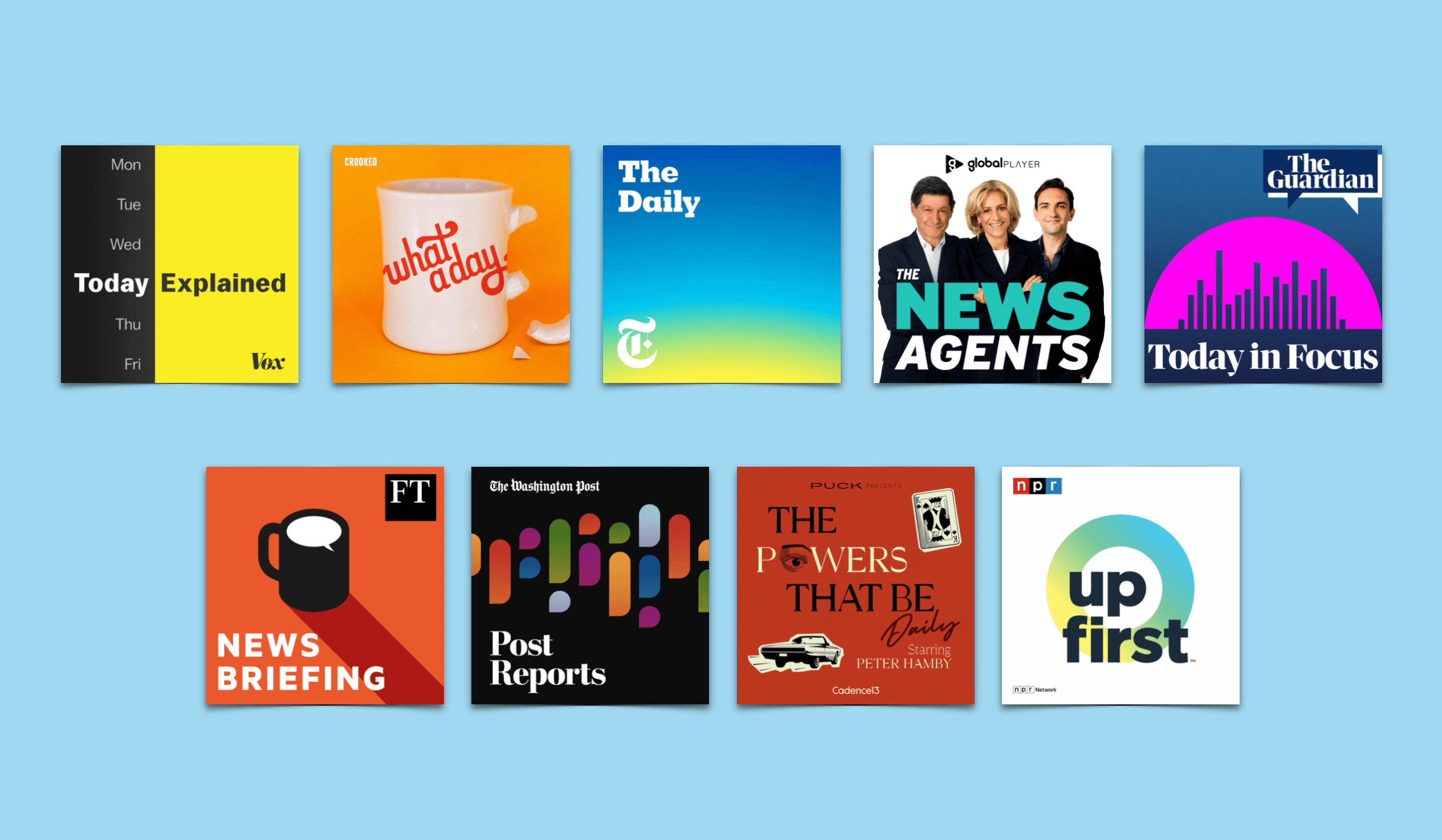Shop At Haya: Your Ultimate Shopping Guide
Discover the best shopping tips, trends, and deals for a smarter buying experience.
Podcasting Secrets You Never Knew You Needed
Unlock hidden podcasting gems and elevate your show! Discover secrets that turn your passion into a thriving success.
10 Essential Tools for Launching Your First Podcast
Getting started with podcasting can be a daunting task, but with the right tools, you can simplify the process significantly. Here are 10 essential tools for launching your first podcast that will help streamline your workflow and produce high-quality content. First, you'll need a solid microphone that captures clear audio; popular options include the Blue Yeti and Audio-Technica ATR2100. Recording software is equally important; Audacity and GarageBand are great free options for beginners looking to edit their episodes.
In addition to a microphone and recording software, consider investing in a pop filter to reduce unwanted sounds while recording. A headphone will also improve your audio monitoring during recordings and editing sessions. After creating your episodes, you'll need a platform for hosting; reliable podcast hosting services such as Libsyn or Podbean ensure your episodes reach your audience effectively. Finally, don't forget to promote your podcast using social media management tools like Buffer or Hootsuite to ensure you're engaging with your listeners and growing your show's reach.

How to Find and Grow Your Ideal Podcast Audience
Finding and growing your ideal podcast audience is essential for creating meaningful connections and achieving podcast success. Start by identifying your target demographic. Consider factors such as age, interests, and listening habits to build a clear profile of your ideal listener. Use social media platforms and podcast directories to research where similar podcasts thrive, and analyze their audiences. Engaging with these communities will not only provide insight into what resonates with your potential listeners but also help you find content gaps that your podcast can fill.
Once you've identified your ideal audience, it’s time to grow your listener base. Consistency is key—release episodes on a regular schedule to keep your audience engaged. Utilize social media marketing and collaborations with other podcasters to expand your reach. Leverage SEO techniques by optimizing your podcast titles, descriptions, and show notes with relevant keywords that resonate with your audience. Finally, encourage audience interaction by inviting listeners to leave reviews and feedback, which will create a sense of community and foster a loyal listener base.
The Secrets to Effective Podcast Interviewing: Tips from the Pros
Effective podcast interviewing requires more than just asking questions; it involves engaging your guest in a way that feels natural and intriguing. One key tip from the pros is to research your guest thoroughly before the interview. Understand their background, interests, and any previous work. This preparation allows you to tailor your questions and helps establish a deeper connection. Additionally, creating a warm and welcoming environment can put your guest at ease, making it easier for them to open up and share their insights.
During the interview, active listening is crucial. Instead of sticking rigidly to your script, pay attention to your guest's answers and be ready to ask follow-up questions that arise organically. Embrace spontaneity; some of the best moments can come from unexpected turns in the conversation. It's also beneficial to include personal anecdotes or relevant experiences that create relatability, encouraging guests to feel more comfortable sharing. Lastly, remember to keep your audience in mind and ensure the discussion remains engaging and relevant to them.